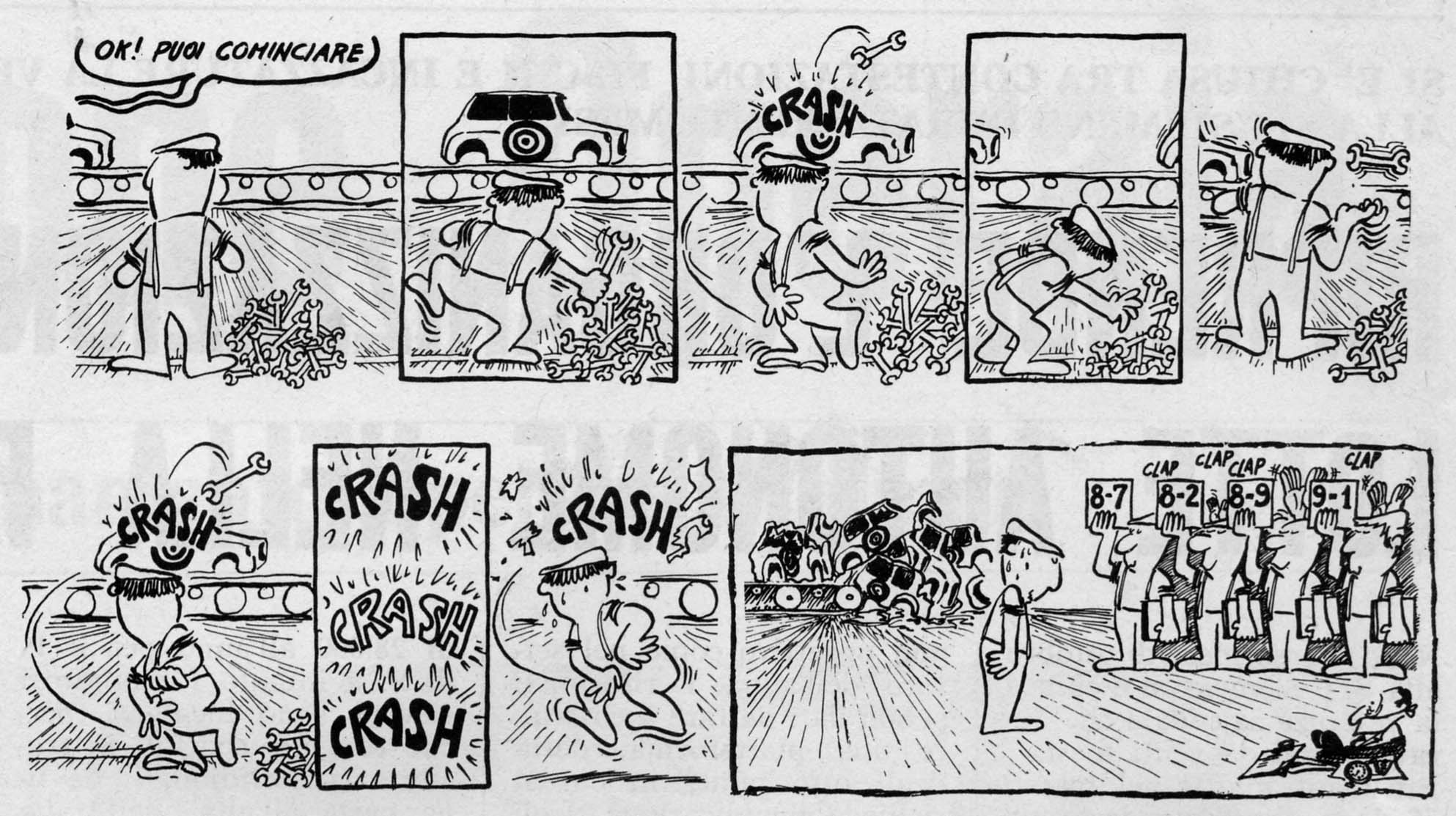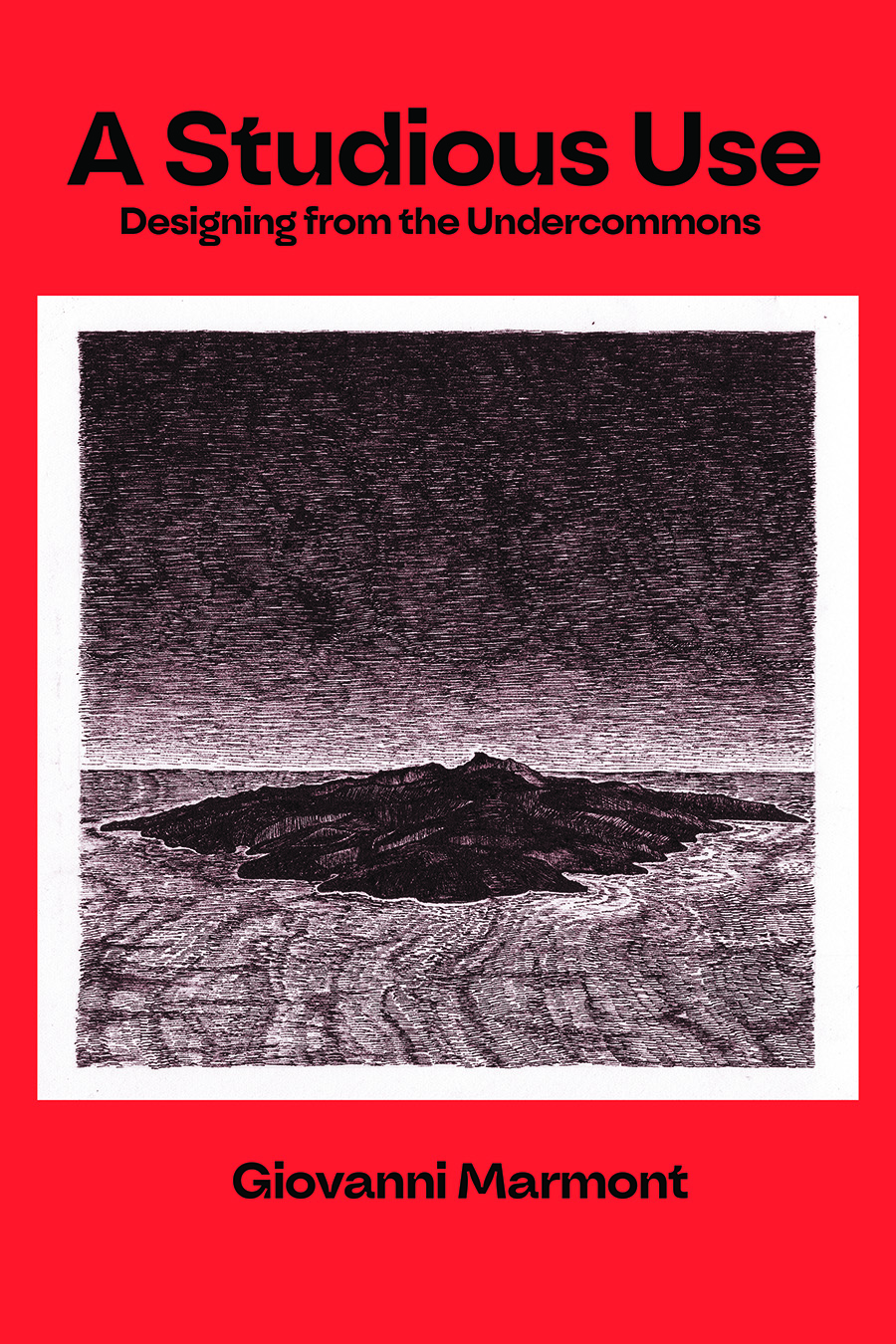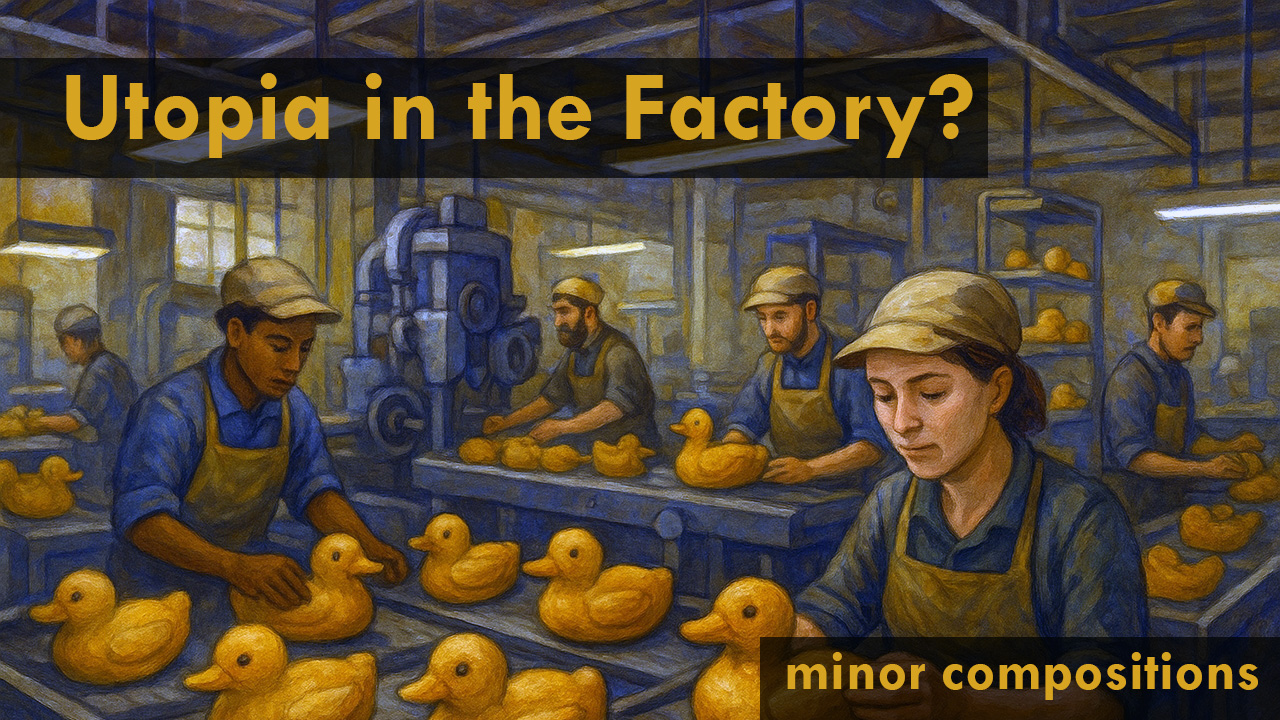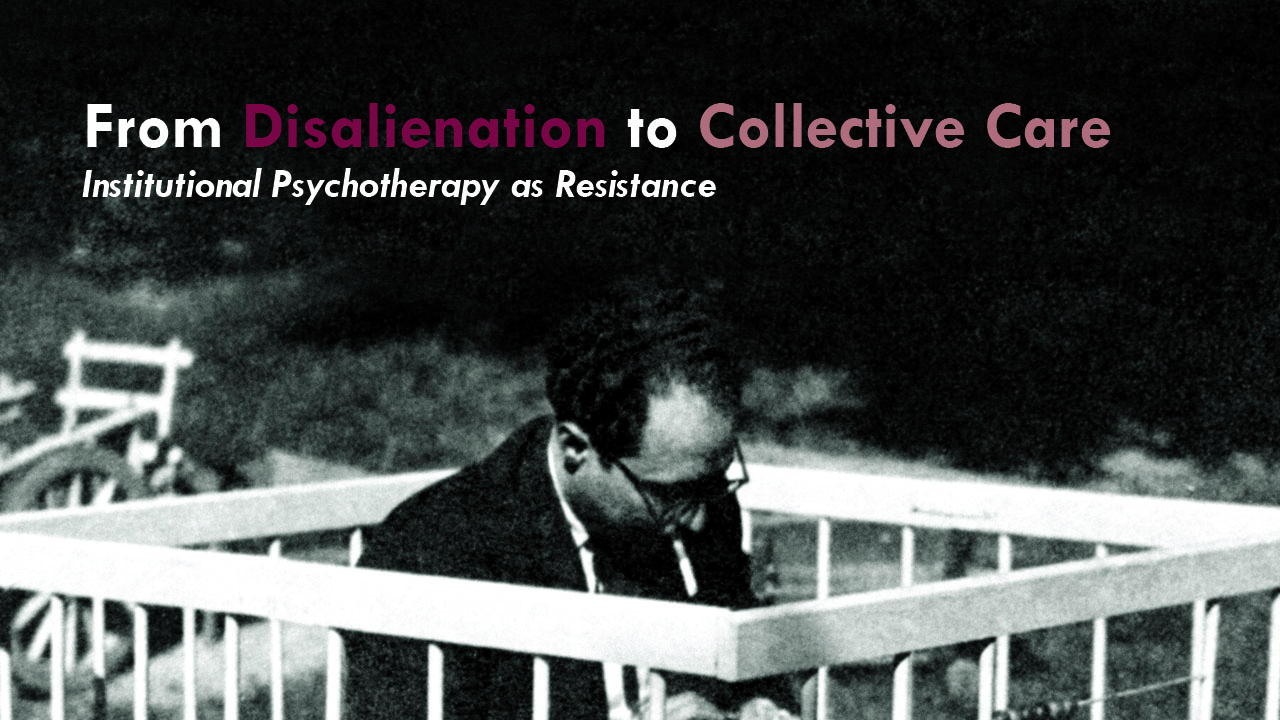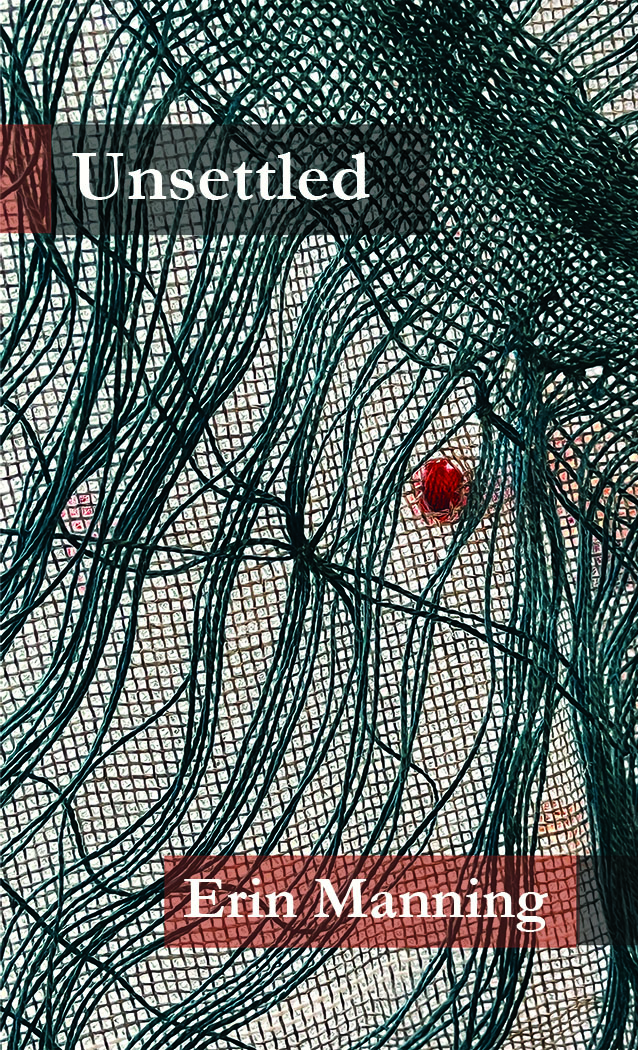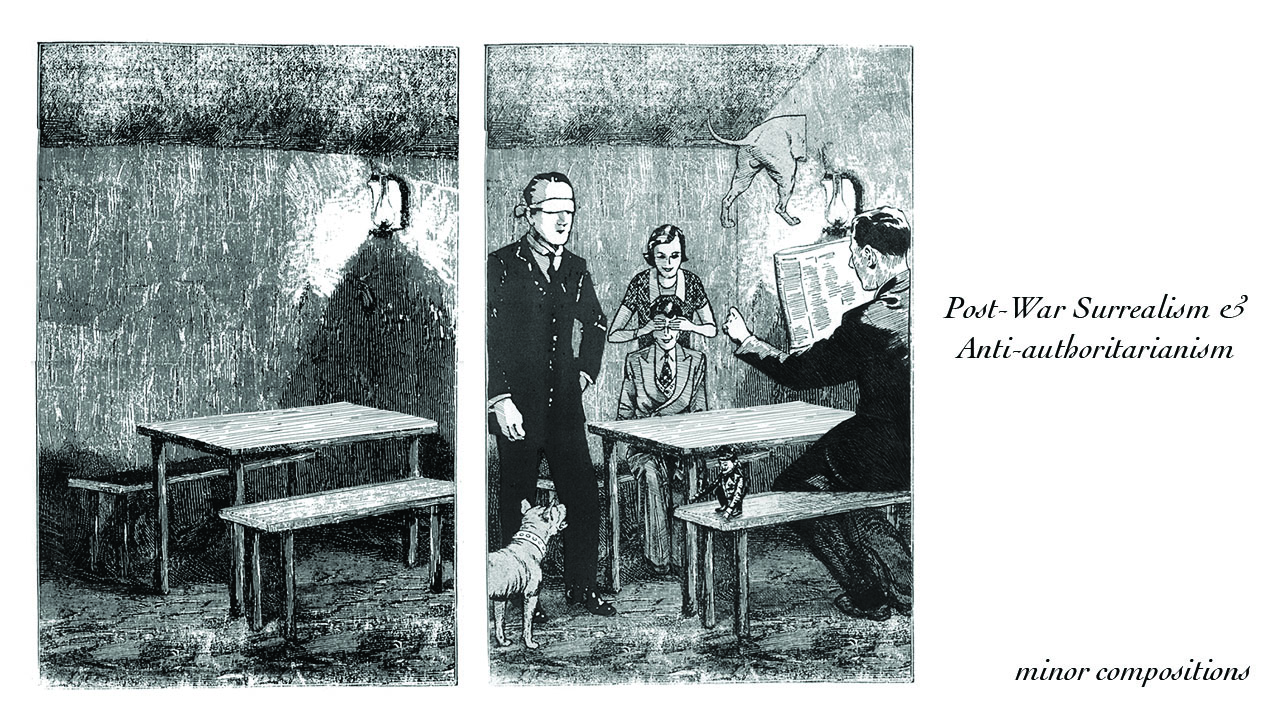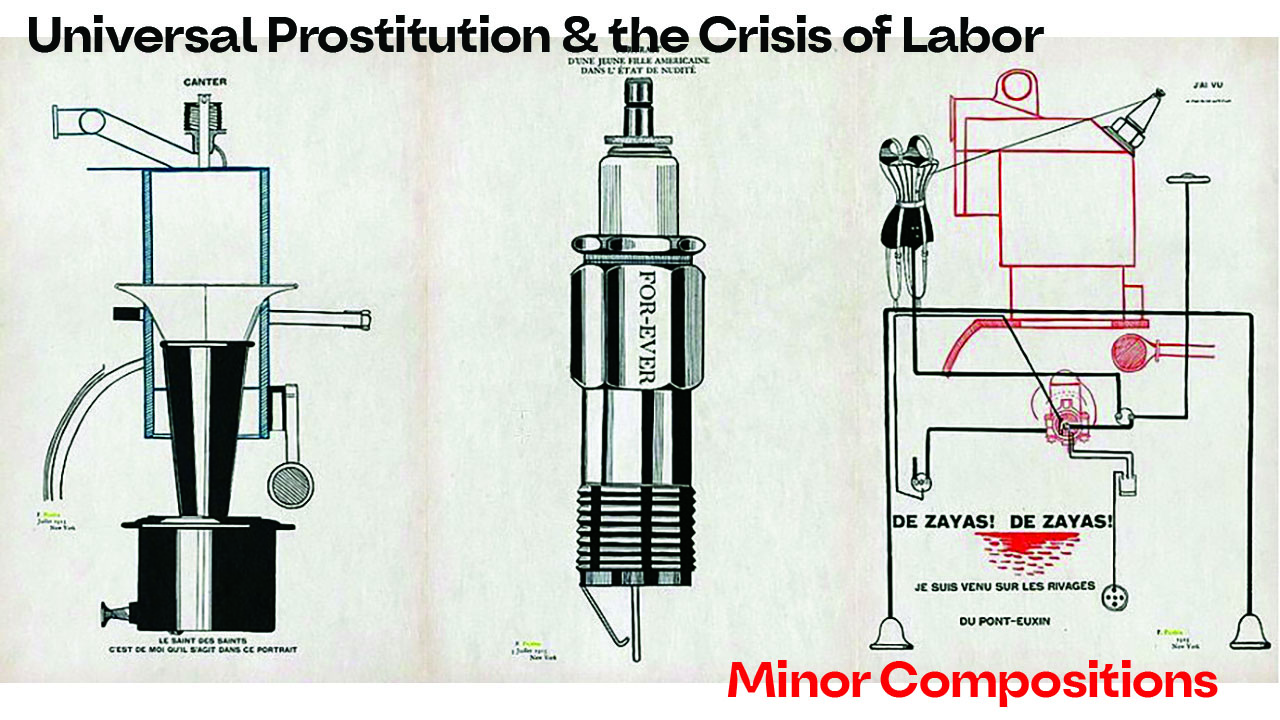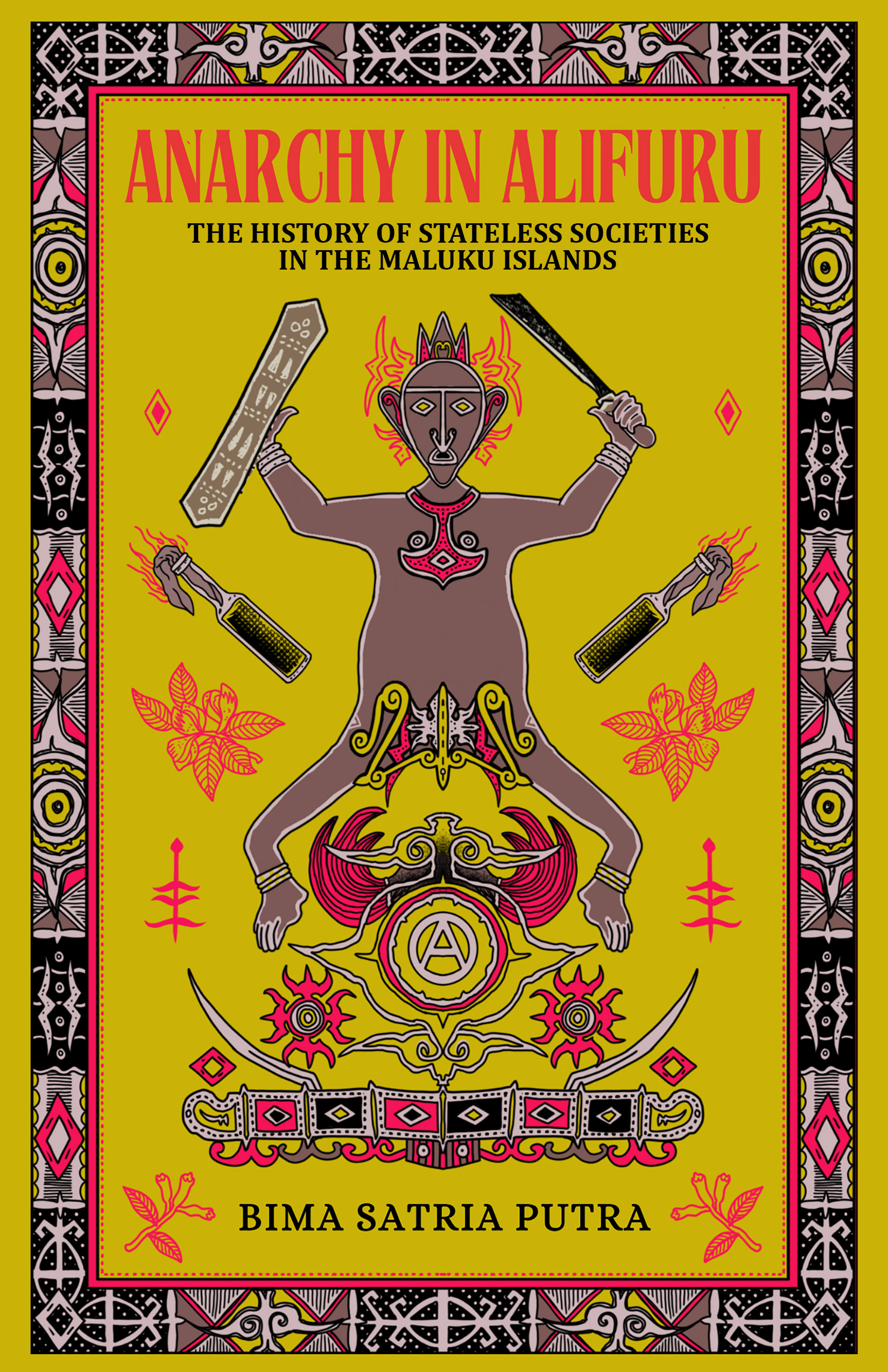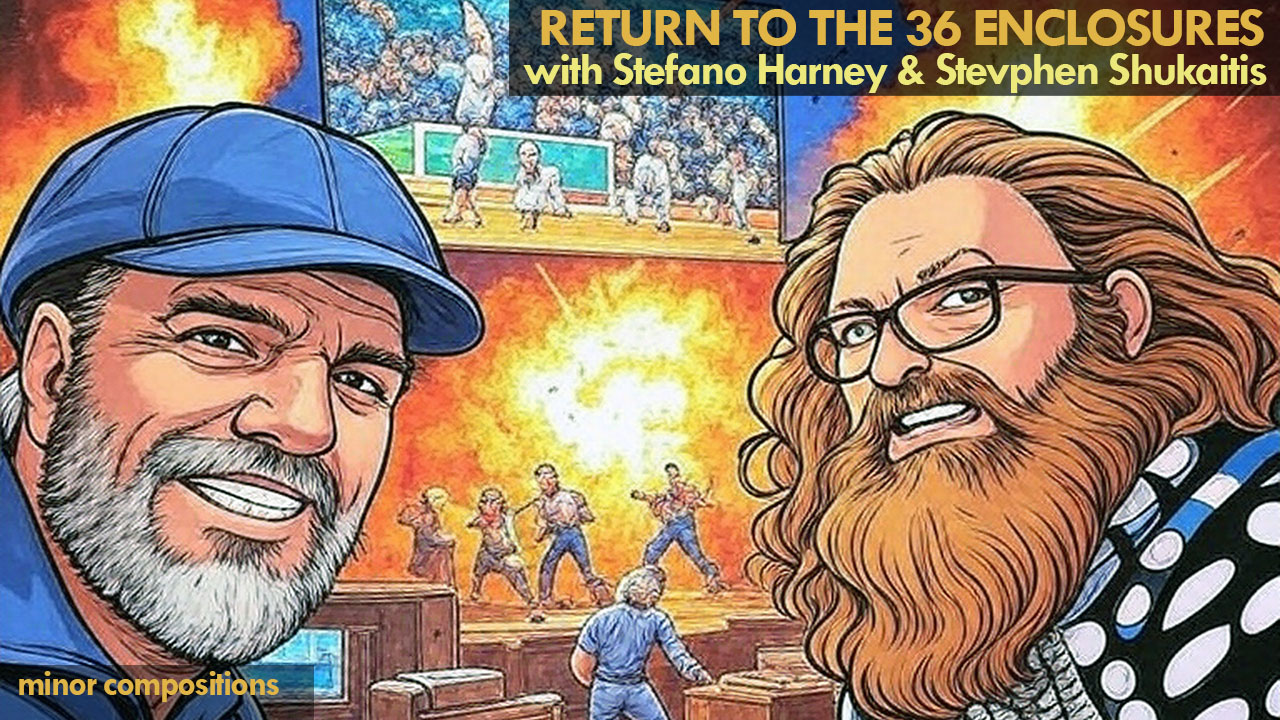-

CERFI – Analysis Everywhere
CERFI – Analysis Everywhere. Militancy, Research, Architecture and Psychiatry Susana Caló and Godofredo Enes Pereira Between the radical energies of the 1960s and the shifting terrains of the 1980s, a group in France quietly detonated the boundaries of politics, psychiatry, and collective life. CERFI – the Centre for Institutional Study, Research, and Training – wasn’t your typical…
-

Workers Against Capital: Reading Mario Tronti Sixty Years On
2026 marks the 60th anniversary of the first publication of Workers and Capital, Mario Tronti’s landmark intervention in Marxist theory and political practice. To mark this anniversary – and the long-awaited appearance of the text in English – Minor Compositions and the COVER Research Centre will host a year-long, monthly reading group dedicated to a…
-

A Studious Use
A Studious Use. Designing from the Undercommons Giovanni Marmont What if study was not about learning, improvement, accreditation? What if use was not about intentionality, function, ownership? A Studious Use invites readers to reconsider the habitual logics and material priorities at play in practices of both study and use. It examines their potential and actual…
-

Utopia in the Factory?
Minor Compositions Podcast Episode 40 Utopia in the Factory? Discussion with Rhiannon Firth & John Preston on their new book Utopia in the Factory. Prefigurative Knowledge Against Cybernetics There’s long been this seductive idea that automation, AI, and robotics might finally deliver us into a kind of post-work utopia. You can find it everywhere, from…
-

From Disalienation to Collective Care
Minor Compositions Podcast Episode 39 From Disalienation to Collective Care. Institutional Psychotherapy as Resistance Discussion with Elena Vogman & Marlon Miguel discussing the work of François Tosquelles and Jean Oury Born amidst the ruins of World War II and the shadow of fascist extermination policies, institutional psychotherapy emerged not just as a form of mental…
-

Unsettled
Unsettled Erin Manning Explores what it means to be claimed, not just by blood, but by history, land, and the fragile web of human connection. To belong is never a simple matter. For Erin Manning, ancestry has always been more of an entanglement than a strict lineage: a collection of stories, fabulations, and echoes of…
-

Post-War Surrealism and Anti-authoritarianism
Minor Compositions Podcast Episode 38 Post-War Surrealism and Anti-authoritarianism This discussion brings together Abigail Susik and Michael Löwy to explore the international history of surrealism after 1945, with a focus on its enduring anti-authoritarian spirit. Often misunderstood as an avant-garde movement confined to the interwar years and extinguished by World War II or the death…
-

Universal Prostitution & the Crisis of Labor
Minor Compositions Podcast Episode 37 Universal Prostitution & the Crisis of Labor This episode is a conversation with Jaleh Mansoor on the themes of her new book Universal Prostitution and Modernist Abstraction: A Counterhistory. In this provocative work, Mansoor offers a counternarrative of modernism and abstraction and a rethinking of Marxist aesthetics. Drawing on Marx’s…
-

Anarchy in Alifuru
Anarchy in Alifuru: The History of Stateless Societies in the Maluku Islands Bima Satria Putra In the sprawling seas of the Maluku Islands lies a forgotten history – not of kings and sultans, but of people who lived without them. Anarchy in Alifuru reclaims the stories of the stateless societies of eastern Indonesia, revealing a world…
-

Return to the 36 Enclosures
Minor Compositions Podcast Episode 35 Return to the 36 Enclosures It’s summer and we’re feeling a bit lazy… so rather than record something new, for this episode we’re presenting a recording of a seminar discussion between Stefano Harney & Stevphen Shukaitis that occurred this May in London. It was part of an event organized by…

